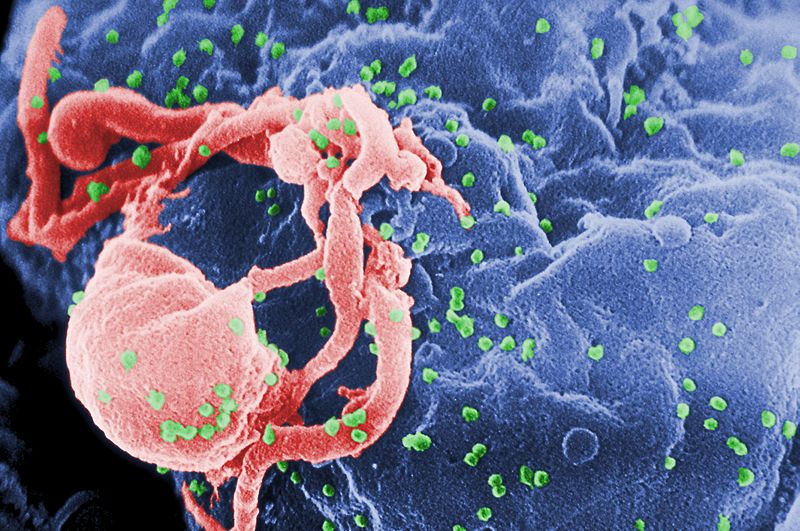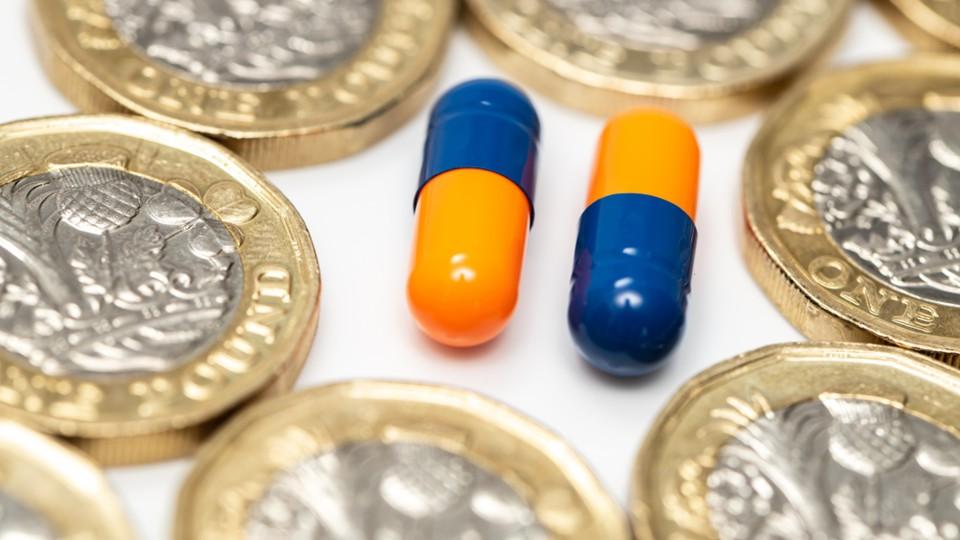Study backs HIV testing in GP surgeries in high-risk areas

GP surgeries should test new patients for HIV in areas of high prevalence as it is cost-effective, according to a new study.
In the study published in Lancet HIV, patients at 40 GP surgeries in the London borough of Hackney were given finger-prick HIV testing when registering.
Such a screening programme could prolong lives by allowing patients to begin drug therapy before the disease takes hold and symptoms become severe and difficult to manage.
According to the study, the testing raised the rate of diagnosis four-fold, and was also cost-effective based on a yardstick usually used by NICE.
The Terrence Higgins Trust HIV charity welcomed the findings and called on health commissioners to act on them.
Public Health England already recommends all GPs offer testing for new patients who have not previously been tested, in areas where HIV prevalence is high.
Study author Dr Werner Leber, from Queen Mary University of London, called for more investment in diagnosis services, targeting around 13,500 people who do not know they have HIV, remain infectious to others and are more expensive to treat.
He told the BBC: “We've shown that HIV screening in UK primary care is cost-effective and potentially cost-saving, which is contrary to widespread belief.
"This is an important finding, given today's austerity."
An analysis in the paper showed an incremental cost-effectiveness ratio, within the £20,000-£30,000 threshold used by NICE when assessing new treatments, until 33 years, based on UK cost data.
But authors cautioned that the screening regime used in the trial would not be cost-effective in areas of low incidence.
The programme involved around half of the GP practices in Hackney, at a cost of nearly £128,000 over 28 months.
Rolling the scheme out across the whole borough would cost £600,000, and would cost £4 million for all high-prevalence authorities.
This compared with the national HIV pre-exposure prophylaxis scheme in men who have sex with men involving Gilead’s Truvada, which will cost around £54 million per year.












